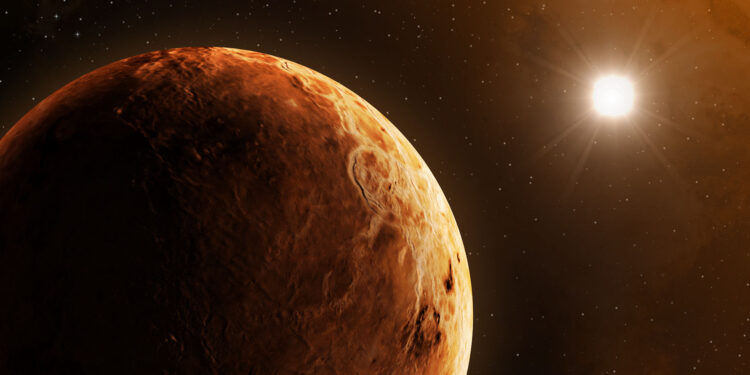Lagatar24 Desk
New Delhi: The Union Cabinet, led by Prime Minister Narendra Modi, has approved an ambitious set of space missions amounting to ₹31,772 crores, laying the groundwork for the Indian Space Research Organisation (ISRO) through to 2040. These missions include Chandrayaan-4, India’s first mission to Venus, the Bharatiya Antariksh Station (BAS-1), and the development of the new Soorya rocket, marking the largest space endeavour in India’s history.
ISRO Chairman Dr. S Somanath expressed enthusiasm about the announcement, saying, “India’s ambitious space vision has now been given wings to fly high,” highlighting the roadmap to propel India as a global leader in space technology.
Chandrayaan-4: Lunar Mission Set for Return with Samples
One of the most significant approvals is for the Chandrayaan-4 mission, which aims to land on the Moon, collect samples, and return to Earth, laying the foundation for future Indian lunar landings. A total of ₹2,104 crores has been allocated for the mission, expected to be completed in 36 months.
Venus Orbiter: India’s Next Planetary Mission
Following the success of the Mars mission, ISRO will now develop the Venus Orbiter Mission (VOM), designed to explore Earth’s planetary neighbor. The ₹1,236 crore mission, scheduled for launch in March 2028, will study Venus’ surface, subsurface, and atmospheric processes, providing critical insights into its evolution.
Bharatiya Antariksh Station: India’s Space Station Vision
The Cabinet also approved the development of India’s first space station under the Bharatiya Antariksh Station (BAS-1) project, a key part of the Gaganyaan program. Eight missions, including an additional uncrewed mission, are planned by 2028 to demonstrate and validate technologies for BAS. ₹20,193 crores have been sanctioned for these missions, which will be critical for India’s future in space exploration.
Next-Generation Launch Vehicle: Soorya Rocket
To support these ambitious goals, the government has approved the development of the Next-Generation Launch Vehicle (NGLV), named Soorya. Designed for heavy payloads and reusability, the Soorya rocket will significantly boost India’s capability in space missions, with ₹8,239 crores allocated for its development. The rocket is expected to be completed in 96 months.
A Bright Future for India in Space
These approvals mark a new chapter for ISRO, enabling it to continue breaking new ground in space exploration. Dr. Somanath assured that ISRO would be relentless in its pursuit of Prime Minister Modi’s vision to make India a developed nation, or “Viksit Bharat,” by 2047.








